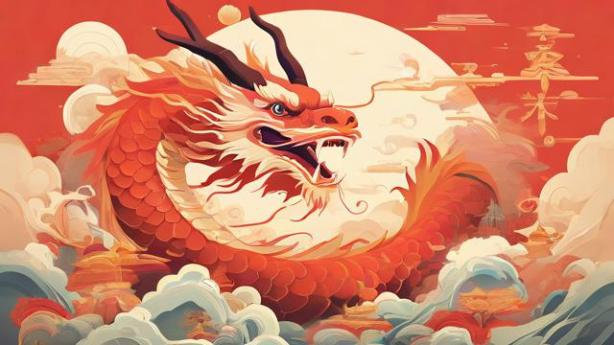二月二:龙醒春韵起,节至福泽来

The Longtaitou Festival, meaning “Dragon Lifts His Head,” is a traditional Chinese festival celebrated on the second day of the second lunar month. Also called the “Er Yue Er Festival” (February 2nd), it marks the awakening of the dragon, a symbol of power and good fortune in Chinese culture. According to legend, Chinese dragons control rain and clouds, so people believe this day brings spring rains to nourish crops.
Food also plays a special role. What people eat on the Dragon Heads-Raising Day is usually renamed after parts of the dragon. Eating dumplings is called eating “dragon’s ears”; spring pancakes are called “dragon’s scales (鳞)”; rice is called “dragon’s son”; wontons are “dragon’s eyes”; pancakes are “dragon scale bing”; noodles are “dragon beard noodles”; and fried dough twists are “dragon’s bones”. These show people’s hope to be blessed with favorable weather and good grain harvest by the dragon.